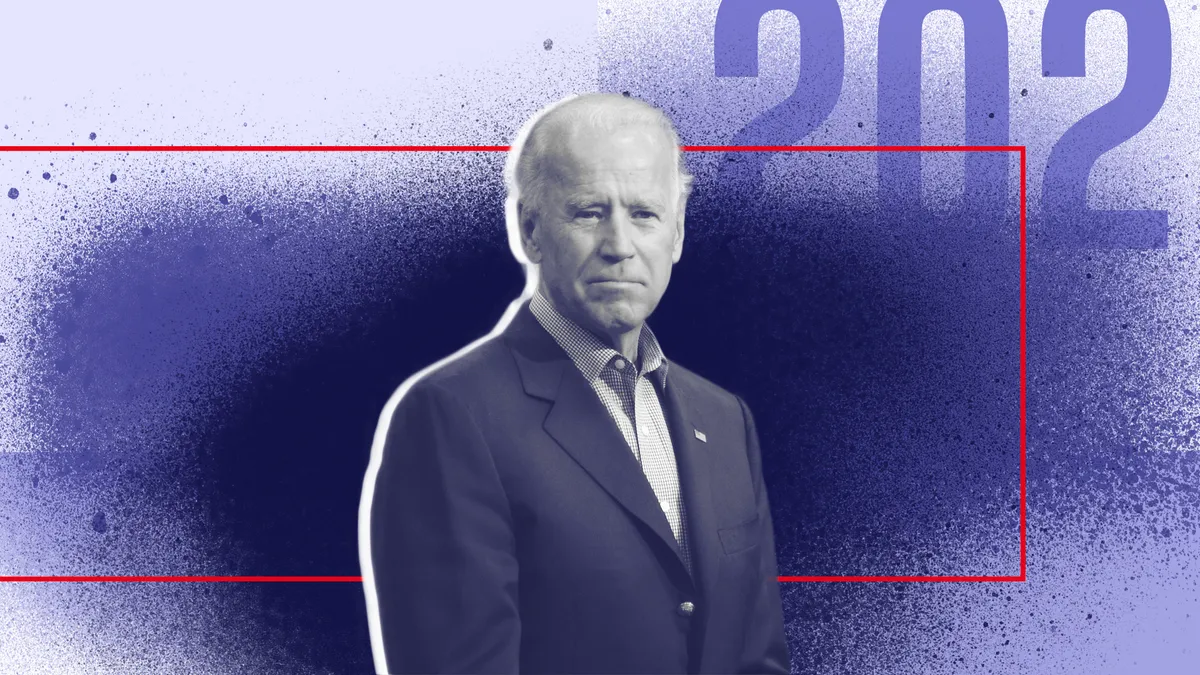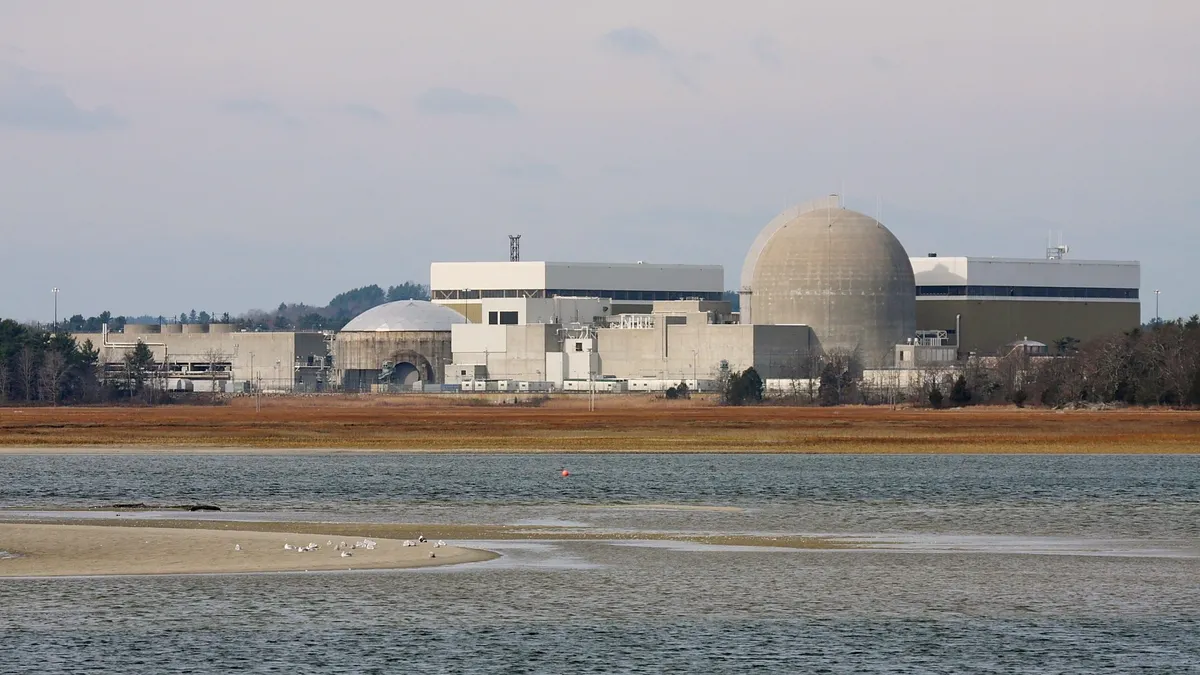In July, president-elect Joe Biden revealed an ambitious plan to invest some $2 trillion in clean energy, transportation and infrastructure, using the need to modernize the U.S. energy sector to catalyze economic recovery in the aftermath of COVID-19.
As the post-election dust begins to settle, the outcome has cast a shadow of uncertainty over the Biden energy plan. The Democrat may have won the White House, but pending runoff results in Georgia, the Senate may remain under Republican control. Meanwhile, Senate Majority Leader Mitch McConnell has said he will only support a new relief package if it does not carve out funding for Democratic priorities.
Analysts and advocates are split on how a Biden administration will handle a potentially difficult situation. Some believe Biden will follow in President Barack Obama's footsteps, persuading Congress where he can, pursuing a regulatory path where he cannot. Others suspect that energy policy may fall by the wayside, trumped by other political battles — but that progress could accelerate nonetheless, driven by an increase in certainty on climate commitments and perhaps a bit of presidential cheerleading.
"This is a lesson in the limitations on presidential power," said Ed Crooks, vice chair for the Americas at Wood Mackenzie. "I think President Trump had a serious intention to revive the coal industry and failed, and the fact that he failed tells you something significant about the U.S. energy system, which is the federal government just doesn't have much control over it. That's what Biden will find as well."
Will climate be a priority for Biden?
The first question to ask about Biden's energy policy, Crooks said, is not how much he can do — but how much he wants to. His announced intent to steer the U.S. to emissions-free electricity by 2035 is so ambitious it borders on the impossible, Crooks said. It also came late enough in his campaign to suggest it wasn't really his idea.
That could mean that climate policy will not be a top priority for Biden, Crooks said. While it clearly is a priority for the Democratic party and for the Biden administration, it could take a back seat to Biden's stated areas of focus — getting the pandemic under control, shoring up the economy, and reestablishing U.S. foreign policy.
The way climate policy is interwoven with Biden's other goals will influence his decisions if Congress forces him to pick and choose his battles, according to Crooks. But this is where Biden's decades of experience in politics will come in handy, said Anne Kelly, vice president of government relations at sustainability nonprofit Ceres. "One thing about Biden having so much time in the Senate is he's really aware of how these negotiations work," she said, pointing to his involvement in the 2009 stimulus. With that experience, Kelly said, Biden is well situated to lay out the case for energy and infrastructure as tools for job creation — a promise Trump never quite delivered on.
Another area where Kelly sees mounting bipartisan support is for carbon pricing. Biden has strong relationships with his former colleagues in the Senate, she said, and some conservative senators have expressed a willingness to "warm up" to carbon pricing.
"Given all that has happened and the growing sense of urgency among the American public," Kelly said, "senators may feel more of a willingness to consider an effective market solution."
Crooks doesn't believe a carbon tax is likely. "I cannot see a path to a carbon tax getting passed," he said. "You have to think, what is it that Biden really wants to achieve? It seems to me the priorities are the pandemic, the economy, and maybe making some progress on climate. Is a carbon tax going to be the thing he wants to spend a lot of political capital on? I don't think so."
Instead, Crooks believes Biden may take a page from the Obama administration playbook, working around Congress when necessary.
"That's an experience that Joe Biden, as a veteran of the Obama administration, is very familiar with," Crooks said, "and my guess is that's the course he will want to pursue."
Acting without Congress
One thing that is already clear is Biden's intent to rejoin the Paris Climate Agreement almost as soon as he assumes office. That move alone will provide a long-needed sense of certainty to industry, and likely spur yet another wave of climate commitments or increasingly ambitious emission targets, according to Dan Bakal, senior director of electric power at Ceres.
"It just makes the case that much clearer," Bakal said. "Companies that haven't set [climate goals] yet are going to see that they are lagging, and really can't wait any longer because they will be too out of step not just with their investors who are increasingly calling for this, but now you have policy and regulators calling for this. I wouldn't be surprised if in a year from now, any of the companies that don't have goals haven't set them by then."
But the Accord isn't the only area in which Biden can act without the support of Congress. For one, government agencies "could begin to enforce again," said J. Michael Showalter, a partner in the environmental group at the lawfirm Schiff Hardin. "Over the last four years, we saw a lot more enforcement out of NGOs and a lot less out of the federal government."
Offshore wind may be another key area in which Biden can exercise regulatory authority, according to Crooks. The road to renewed tax credits for solar and wind looks bleak, Crooks said, but offshore wind could be a bright spot. States, investors and other private-sector actors have all expressed a strong desire to advance offshore wind development. However, for the past four years, the federal government has held up permits and slowed the approval process. Biden could bring an end to that almost immediately, Crooks said.
Biden is also likely to quickly reverse Trump's regulatory rollbacks, particularly methane regulations and vehicle emission standards. This is likely to boost EV adoption, although Crooks categorized Biden's electric vehicle policies as "relatively unambitious," given his goal to install 500,000 EV chargers.
"We thought there would be 800,000 chargers by the end of his term, so that was happening already," Crooks said.
WoodMac had expected to see 2.3 million EVs on the road by 2030. With Biden in office, Crooks said, "we think that could be boosted to 4 million."
Revisiting the Clean Power Plan?
Biden may also revisit the Clean Power Plan, which Crooks points out has not been settled by the courts. The Energy Efficiency and Clean Electricity Standard Biden has discussed, Crooks said, sounds similar to the Clean Power Plan, suggesting Biden hasn't given up on the goals of the Obama administration.
However, the conservative majority on the U.S. Supreme Court could make a regulatory approach, including the Clean Power Plan or anything similar, that much more difficult if the states litigate as they did under Obama. If he goes there, Kelly said she believes Biden will be more prepared and skillful in navigating the question of states' rights.
"Count on a really thoughtful approach for how to exercise the authority they have, and how to understand the needs of states in various jurisdictions, while staying true to their commitment to zero emissions by 2035," Kelly said.
With politics complicating both legislative and regulatory approach to climate, Crooks said Biden may focus on a remaining, but often overlooked, presidential power: the presidential pulpit.
"Whenever one talks about the power of the presidency," he said, "the power of the presidency is the power to persuade by sending a signal of general support for climate action, and being part of the process and supporting renewable energy."
Showalter points out that Biden has the power to showcase businesses and technologies at the White House and direct certain aspects of government spending that Congress is unlikely to interfere with — military spending, for example. That gives him the ability to invest and drive investment in technologies he believes seem promising, such as hydrogen, carbon capture and small modular nuclear reactors.
"Looking back five years from now, I don't think we're going to be able to know how much of the transition happened by itself," Showalter said. "I think Biden's going to be a cheerleader for renewable energy. But in the same way that if you're riding a bicycle and you're already going fast, but when you peddle a little bit you go faster — I think that could happen. He didn't cause it, but he certainly could help it."





















